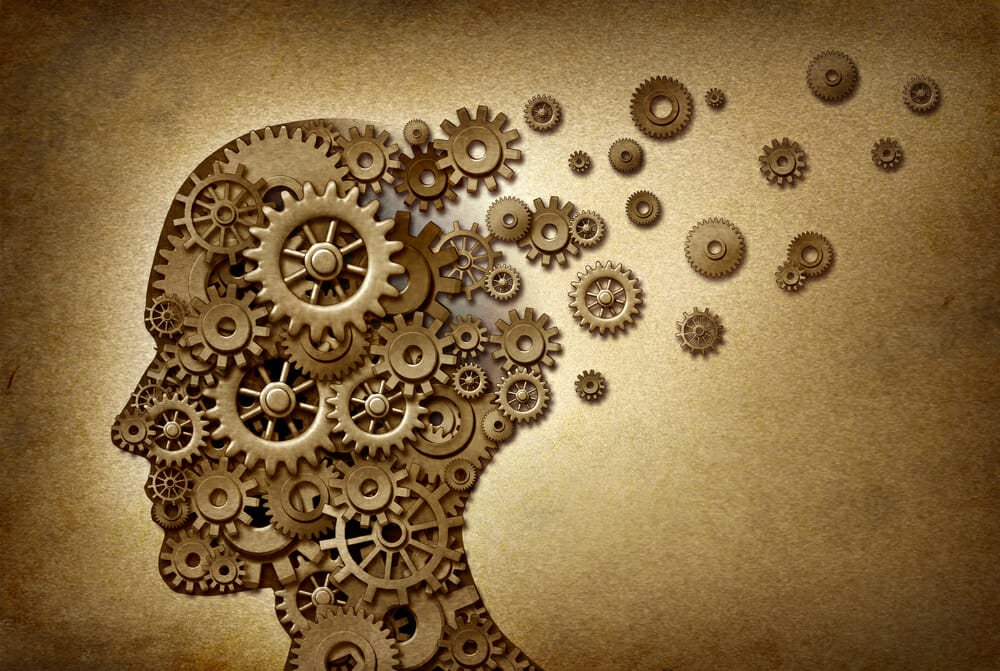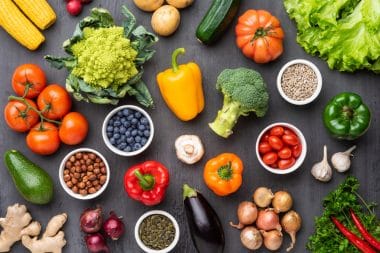Some medical sources feel that the risk of developing colon cancer is directly linked to levels of consumed animal protein. When animal meat is consumed, not all of it will be processed and absorbed, or passed, by the body before decomposition begins to occur. When that happens, gasses can be produced that linger in the body for a time. These gasses have effects on the internal bacteria that live in our digestive tracts.
The issue is compounded by the existence of fats. Most sources of animal protein come with a certain amount of fat that will be consumed. Normally, the body uses bile to help digest fat. When more fat is being consumed, more bile is produced and must be present in the digestive tract to help process it. The bile acids can encourage the growth of bacteria, and these bacteria will often convert the normal bile acid into other kinds of bile acids that are less helpful for our bodies. Some of these converted bile acids have been shown to be linked to the risk of cancer.
People native to Africa have markedly lower risk of developing colon cancer. Their diet, which traditionally is low in animal protein and high in vegetables and fruits, is currently thought to be a major factor for this.
Eat more greens to keep your brown chute clean #HealthStatus
Follow HealthStatus
Tweet Now
Key Points:
- 1Bile helps the body digest fat. Secondary bile acids created when bile digests fat may be cancer causing.
- 2A fat-rich diet is correlated with colon cancer.
- 3Try to limit the amount of animal products that are consumed by people. That will also decrease aggressive factors associated with animal protein and fat.








Reply